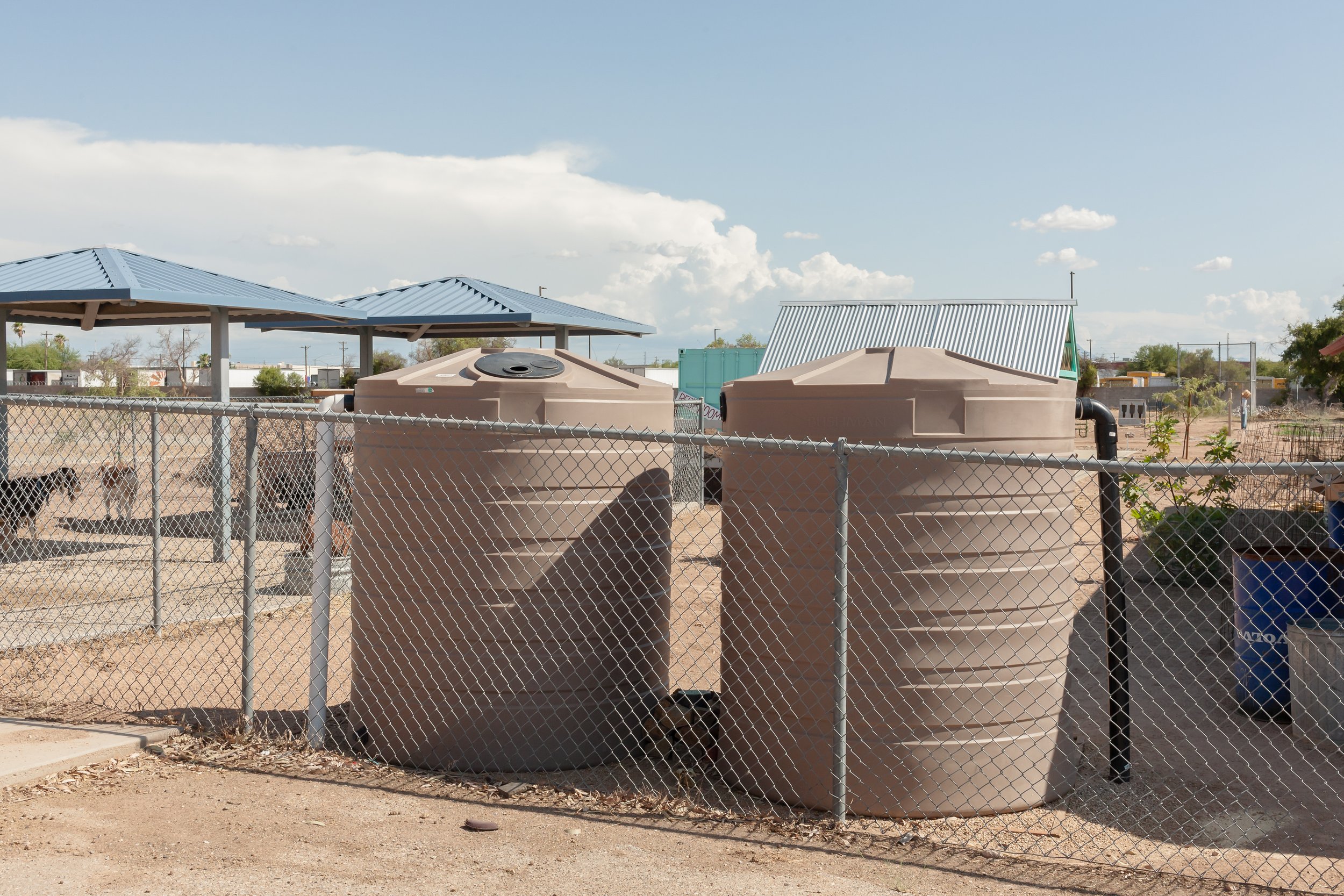
Reinventing Water Conservation
An analysis of the situation of one state in the American West – Arizona – is of particular interest in terms of understanding policies designed to deal with drought and the effects of climate change. The protagonists of the water sector (engineers, public administrators, politicians, consultants, academics, etc.) often present themselves as the guarantors, if not of the ecological cause, then at least of “sustainable” and “responsible” development – an approach that marks them out from the elites of neighboring California, whose stance is characterized by anxiety, or even consternation (Bohn et al., 2016; Fleck, 2016). It has been argued that, thanks to its specific situation, Arizona has accumulated decades of experience and elaborated a politico-administrative framework oriented toward a form of balanced water management in which various institutions implement ecosystem protection programs and water recycling projects, analyzed here as “water conservation”. Conservation refers to public policies designed to “protect species, ecosystems and their processes, and support their contribution to human wellbeing” (Lopez-Hoffman et al., 2009) as well as to develop more specific water conservation measures (Sheridan, 2014). Pima County, located in the south of the state, is generally recognized as being a pioneer in this area. The authorities of this county and of its main city, Tucson, have promoted plans for conserving soil and water since the 1990s, and many systems based on this same model were later implemented in most of the major bureaucratic agglomerations. In a state like Arizona, with its deep-rooted Republican values and affection for individual entrepreneurship (Biggers, 2012), such an approach to environmental issues may be surprising, and deserves carefully analysis for the lessons that it holds.
O’Neill, Brian F., Joan Cortinas, Murielle Coeurdray, and Franck Poupeau. 2018. “Reinventing Water Conservation: Coalitions for Water Policy in the American West.” In Franck Poupeau, Lala Razafimahefa, Jérémy Robert, Delphine Mercier, Gilles Massardier, and Pedro Roberto Jacobi (ed.): Water Conflicts and Hydrocracy in the Americas: Coalitions, Networks, Policies. (Chapter 10, pg. 293-326). November 2018. University of Sao Paulo Press, Sao Paulo, Brazil. http://www.ifea.org.pe/libreria/hors-collection/pdf/water-conflicts-and-hydrocracy-in-the-americas.pdf

